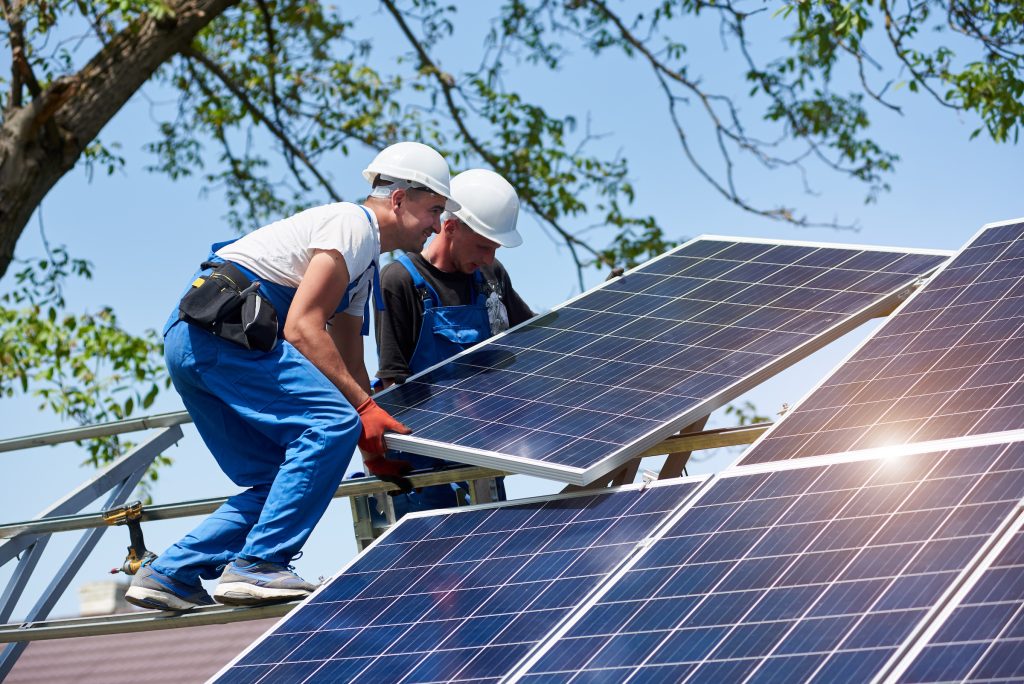It has been one year since the Biden administration’s Inflation Reduction Act became law, and Pennsylvania is seeing and using some of the funding.
The groundbreaking law directs $370 billion to clean-energy efforts through tax incentives, grants, and loan guarantees. The Keystone State has set a goal of using 100% clean energy by 2050, and the law is helping to make it a reality.
Annie Regan, campaign director for the environmental watchdog group PennFuture, said together, the Inflation Reduction Act and the Bipartisan Infrastructure Law, have brought more than $300 million to Pennsylvania.
She pointed out that a variety of projects are already benefiting from the funding.
“We also know the Inflation Reduction Act is lowering energy costs for families in Pennsylvania, with estimates ranging from $300 to $1,800 in annual savings,” Regan observed. “Folks will notice — within this year, in the next couple of years, especially — that their energy bills will become lower and more affordable.”
Regan added the funding has already added 64 electric school buses in seven school districts in the state, with more than $19 million in rebates. Republican opponents of the Inflation Reduction Act have cited concerns about the U.S. budget deficit and the effect on jobs in the oil and gas sector.
Regan explained funding from the law puts the Keystone State on the cusp of a Green Revolution, which promises not only cleaner skies but economic growth and opportunities.
“It’s going to bring an estimated $270 million of investment in large-scale, clean power generation and storage to Pennsylvania by 2030,” Regan outlined. “It’s going to provide $30 billion in tax credits to accelerate domestic production of solar panels, wind turbines, batteries, and critical minerals processing.”
Regan added her group, along with ReImagine Appalachia, are working to make sure the states in their region are all taking advantage of the federal funding for renewable energy opportunities, affecting communities in need.
“We want to create good-paying, family-sustaining union jobs with these federal climate investments,” Regan emphasized. “I think that’s where we’ve seen a pivot in the environmental movement, of not just employing clean energy, but making sure it’s done right, using union labor.”
The massive law also includes money to update the nation’s power transmission systems and tax credits for projects using American-made steel and iron, which should result in more jobs in those fields.




